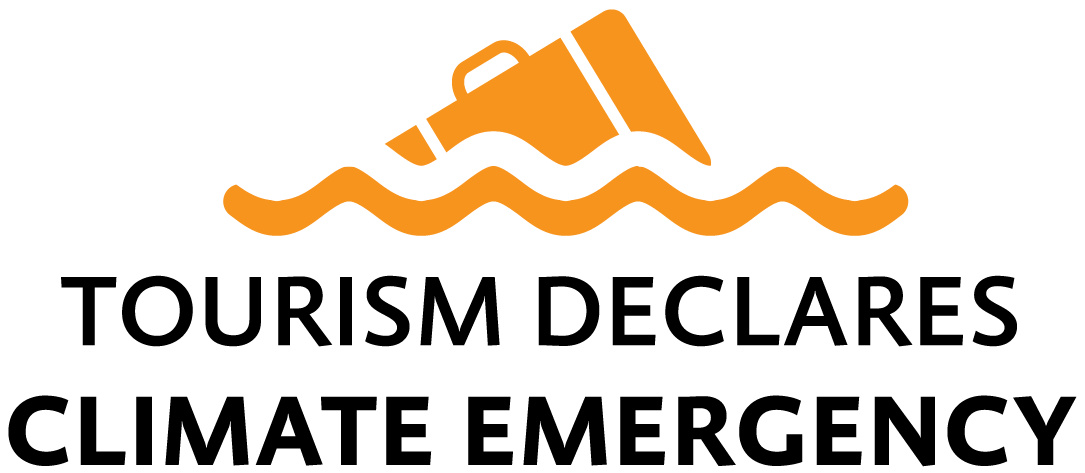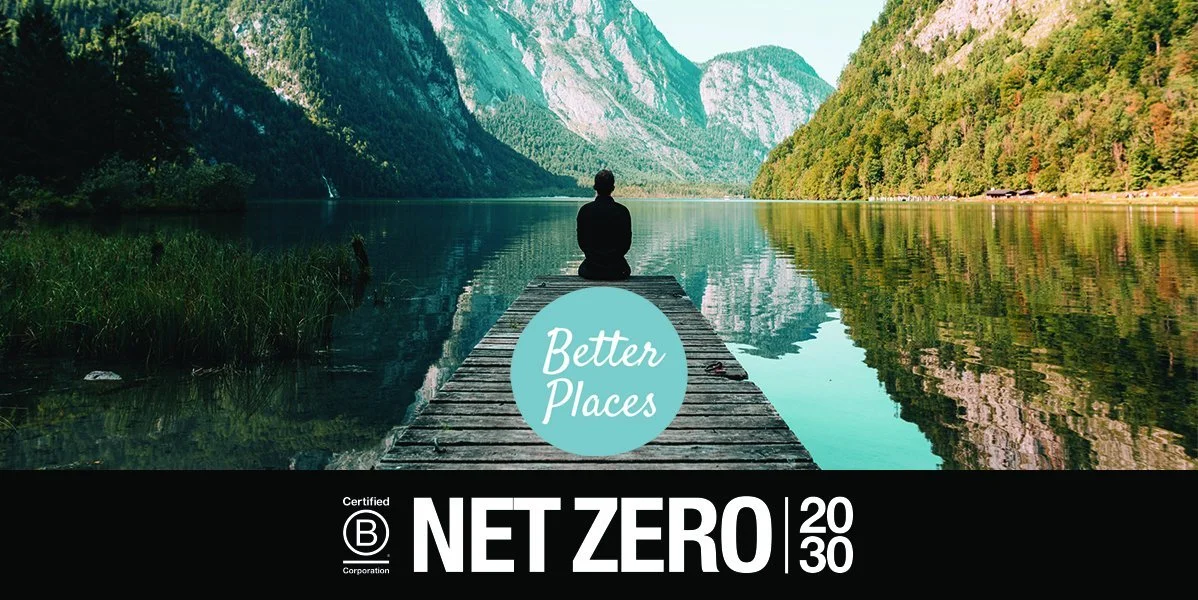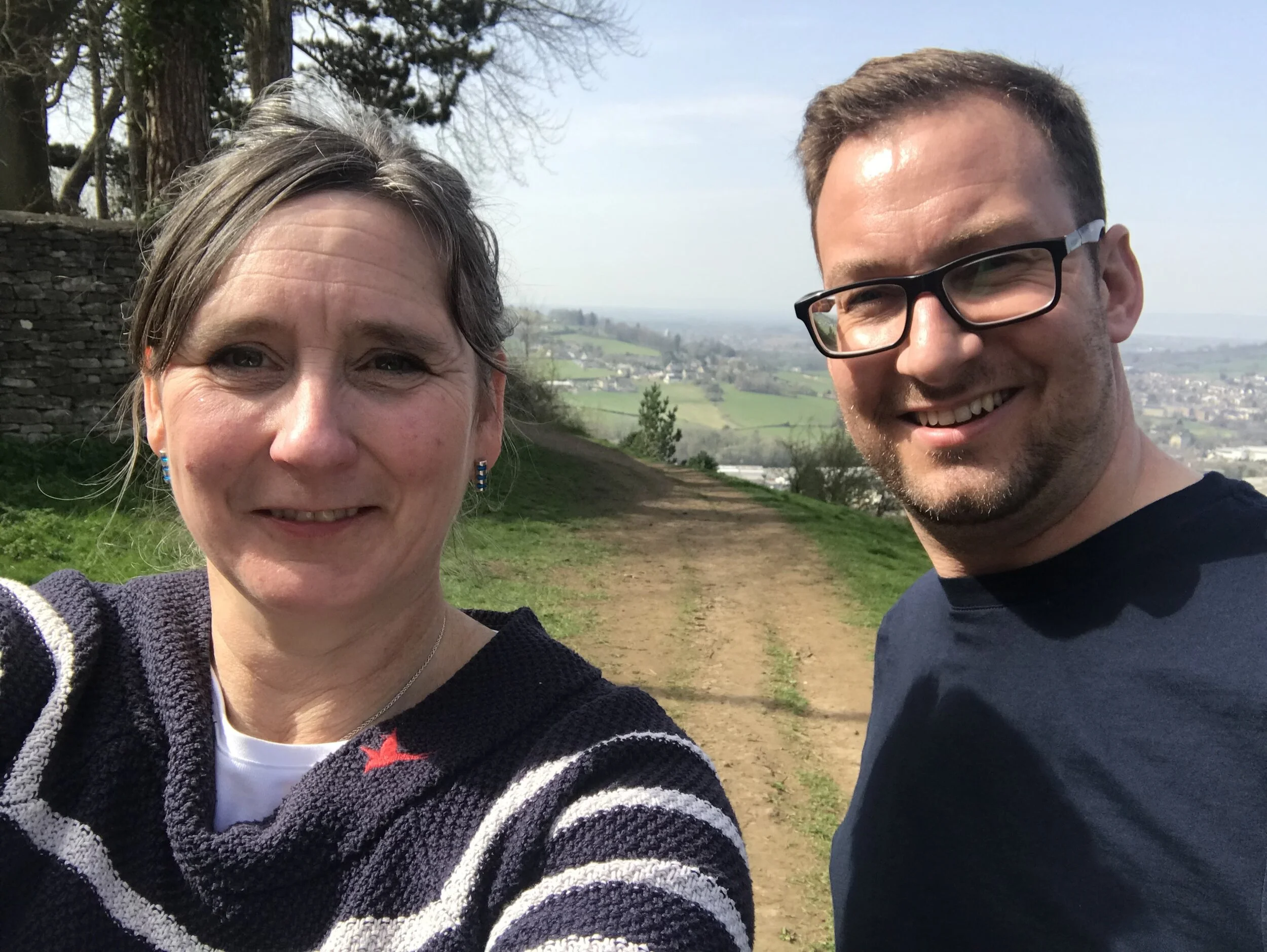Leading on sustainable hospitality with Legacy Vacation Resorts
Legacy Vacation Resorts provides vacation experiences for families and friends to create unique moments and lasting memories in a manner that respects the environment, employees and community. The company has eight locations across Florida, New Jersey, Colorado and Nevada. With a core passion for sustainability, Legacy strives to use its standing as a Certified B Corporation® to inspire and educate the hospitality industry on how to attain sustainable economic development.
Here Holly Tuppen catches up with owner and Tourism Declares supporter, Jared Meyers.
What motivated you to join Tourism Declares?
The main motivation is that this is an emergency, and we need to act on it. Tourism Declares gave us the framework we needed to acknowledge the problem and draw up an action plan. I became aware of Tourism Declares thanks to Intrepid Travel while at the B Corporation Climate Collective event. A B Corporation meets one of the world’s most rigorous certification schemes.
Why is this still or more important in light of COVID?
It’s even more important now. If there is a silver lining to COVID, it’s that it’s shown us all the fault lines and weaknesses in how society is structured. It’s proven that our world is not as protected as we thought; chaos and fearing for our safety could ensue. Those that follow the climate crisis know that we have things coming that are a lot worse than COVID.
In this context, Tourism Declares is essential because it’s not just saying ‘hey, this is bad’ but it’s allowing us to share best practice and frameworks – it’s encouraging people to do something about it! It’s nice to think that we can proactively plan for what’s to come. If we had had the opportunity to do that for COVID, we would have jumped at the chance.
We now have to hope that there’s enough of a shift that we can prevent the worst of the climate crisis. We have to believe in science and collective will. It’s doable – we just have to commit.
What actions have you taken since declaring a climate emergency?
We were already measuring our carbon emissions, but this is an on-going process. We’ve spent much of this year working out how to reduce our emissions as a company, for example, building efficiencies, better policies, and transitioning to renewable energy.
In the interim, we have been offsetting our operations and our guest emissions, so we’re already a carbon-neutral company. We use a Florida-based non-profit called We Are Neutral. They came highly recommended by the University of Florida and a professor that works closely with the B Corp movement, too. Our offsets are primarily reforestation projects in Florida (Gold Standard equivalent) – keeping it local makes it easier to verify.
We’ve also spent time improving our reporting on everything, including water and energy. These monthly reports are shared across the company because we want every employee to be on board. In some ways, the downtime of COVID has been useful. We’ve made changes to remove 10,000 pounds of single-use plastic from our properties annually.
One of the schemes I’m most proud of is our carbon labelling — on the back of every key card (which are now bamboo or recycled paper, not plastic), we have details of the number of trees required to offset the carbon of the guest stay. We also have a chart explaining what carbon emissions are. We believe this is a great way to start the conversation and get more people thinking about carbon.
We’ve also invested a lot in employee training. Since employees have had more time on their hands than usual, we’ve helped to develop a tool with other B Corporations — a PowerPoint that explains how they can be kinder to the environment at work and home. It makes sense to focus on employees because that’s who our guests interact with. We’ve also improved signage about saving water or highlighting what we’re doing. Soon, a video will begin to play when guests enter their rooms as an intro to sustainability featuring our partnership with B Corporation and 1% for the Planet.
What tools or resources have you found most useful in declaring an emergency?
I think the most challenging part of drawing up a climate emergency plan for tourism businesses is the supply chain. That’s why we’ve found joining the B Corporation movement helpful. We now prioritise suppliers that are either local or B Corporation, because that way we know we’re either automatically reducing carbon or we’re using an already verified supplier. This is much easier than verifying every single supplier ourselves.
This is why we’ve launched a B Corporation group specifically for tourism, called B Tourism. We want it to become a collective that can support one another and work towards mini-goals. We’re not trying to be another network but instead to support existing networks.
Another resource I’ve found really helpful is our partnership with We Are Neutral. They provide a carbon calculator, and offsetting tool and having both means nothing is lost in communication. Without the measurement, we wouldn’t have been able to make any progress at all.
The new Tourism Declares community platform also promises to be an incredibly helpful guide. For example, I will be uploading relevant documents from the B Hive onto there.
For anyone new to the climate emergency, I recommend reading Yvon Chouinard, Let My People Go Surfing. It completely changed my mindset and kickstarted a journey of self-education.
What are the main challenges you face when it comes to reducing emissions?
One of the largest sources of emissions in our industry is aviation, and we don’t own an airline so are always limited in what we can do. So, while acknowledging that there needs to be a solution there, we must also focus on what we can control.
One example of this is the transition towards renewable energy. This is much easier in some places than others — where our energy supplier can choose to supply renewable energy. In other places, it’s simply not available, and in that instance, we need investment to develop the infrastructure. This investment can be incredibly hard to find, which is why I’m also helping to set up a new green investment bank, Climate First Bank, that will prioritise loans for renewables and other sustainable initiatives. It will be the first bank in the U.S. that has the climate crisis at the core of its mission.
We also need more collective action – not just among one industry but between all industries and governments. We need policy and destination management targets to reflect the climate emergency.
What does the next level of commitment look like?
Understanding Scope 3 of carbon measurement and reduction — suppliers/ indirect emissions — is going to be the next important step. We already reduce Scope 3 where we can measure, but there may be elements missing. Supplier education will be an essential part of this. Throughout Florida, we have licensed the B Corporation impact assessment that allows you to measure across your stakeholder groups. Through this, we have let all our suppliers know that our priorities are B Corporations, local, and businesses that are owned or operated by marginalised or disadvantaged communities.
We’re also going to prioritise getting renewable energy at all of our resorts and growing the B Tourism community mentioned above.
How would you like the travel industry to work better together?
My greatest hope is that we recognise that the system we had in place before is faulty and we take advantage of this opportunity to rebuild it. Travel is incredible, and there is a place in the world for it, but we have to work harder to minimise negative consequences and maximise positive impact. It needs to intentionally be a force for good.
There is a tendency for powerful people and companies to blame the consumer for anything that isn’t sustainable; so much more progress would be made if those in charge looked for innovative solutions and new systems.
What advice would you give to others considering declaring?
For those that aren’t sure, read Let My People Go Surfing, and you’ll gain a different perspective. For those that want to declare but aren’t sure how spend some time reading through the Tourism Declares statements, and you’ll soon find inspiration and direction.
For more information about Legacy Vacation Resorts, click here.










Students get access to a range of online modules which they complete alongside the rest of their travel group prior to departure. Two focus on the climate crisis.